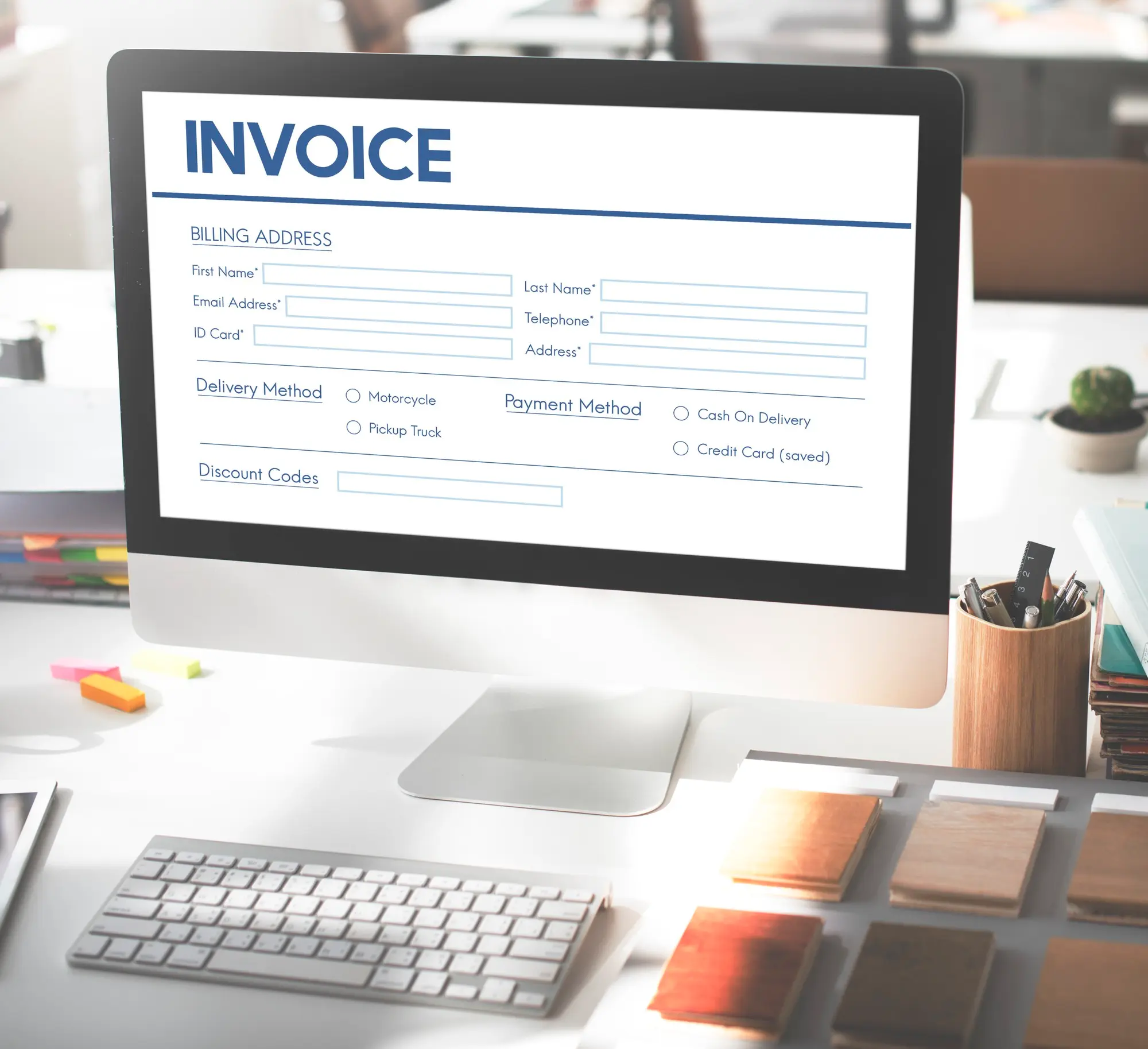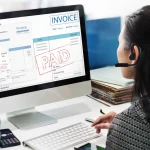The government has introduced self-billed e-invoices as part of its e-invoicing system. Self-billed e-invoices redefine the roles of suppliers and buyers in the e-invoicing process. It revolutionizes the conventional e-invoicing process by allowing buyers to take on the role of suppliers, issuing e-invoices on behalf of the suppliers. This article will delve into the concept of self-billed e-invoices, aiding businesses in gaining a comprehensive understanding of this e-invoicing method.
What is a self-billed e-invoice?
Unlike the traditional method of e-invoicing where the supplier creates and issues the e-invoices to the buyer, a self-billed e-invoice is a type of e-invoice that is created and issued by the buyer on behalf of the supplier. In a self-billed e-invoice scenario, the buyer will assume the role of the supplier, acting as the issuer of the e-invoice to create the e-invoice, which is then submitted to the Inland Revenue Board of Malaysia (IRBM) for validation. Once validated, the buyer can use the validated e-invoice as proof of expense for tax purposes.
E-invoicing goes beyond converting an invoice to a PDF. One of the basic requirements for issuing an e-invoice is the completion of 51 required fields. The IRBM has provided a list specifying the details to be included by the buyer in a self-billed e-invoice. Buyers play a crucial role in the self-billed e-invoicing process, as they are responsible for obtaining necessary information from the supplier to ensure the accuracy and completeness of e-invoice details. The required fields for e-invoice will include the buyer’s and seller’s names, addresses, tax identification numbers (TIN), a description of the products or services, quantities, pricing, etc.
What scenario requires the issuance of a self-billed e-invoice?
According to IRBM’s guidelines, there are certain circumstances where another party (other than the Supplier) will be allowed to issue a self-billed e-invoice on behalf of the Supplier, which include:
- Ensuring Tax Compliance:The implementation of e-invoicing aims to ensure that businesses are registered with the tax authority. By digitizing the invoicing process, e-invoicing helps streamline the reporting of income and facilitates compliance with tax regulations.
- Combating Tax Evasion:E-invoicing plays a crucial role in combating tax evasion by creating a transparent and traceable invoicing system. The electronic trail created through e-invoicing reduces the chances of income going unreported or being underreported, contributing to a more equitable tax system.
- Tackling Illicit Activities:Another motivation for implementing e-invoicing is to combat smuggling, illegal activities, and other fraudulent practices. By promoting transparency and accountability in business transactions, e-invoicing helps reduce the opportunities for illicit activities.
Let’s look at the following example to have a better understanding of a self-billed e-invoice:
A property agent successfully sells a house and receives a commission from the property development company. However, since the property agent is unable to issue an e-invoice for the service rendered, the property development company (buyer) would need to assume the role of the supplier, acting as the issuer to generate a self-billed e-invoice as proof of expense for tax purposes.
In summary, self-billed e-invoices are an important tool for businesses to document an expense. However, businesses need to understand when and how to apply this e-invoicing method to maximize its benefits within their operational landscape. Would you like to learn more about e-invoicing? Subscribe to TaxPOD now to access decades of tax-saving knowledge at your convenience, anytime and anywhere. For more information on how YYC taxPOD can assist your business, visit our official website or book a demo session.
Explore Our Knowledge Hub!
Discover a wealth of tax-related knowledge at our comprehensive Knowledge Hub. Whether you’re looking for in-depth articles, answers to frequently asked questions, or informative videos, we’ve got you covered. Visit the links below to explore each section:
Enhance your tax knowledge and stay up-to-date with the latest information by visiting our Knowledge Hub today.



